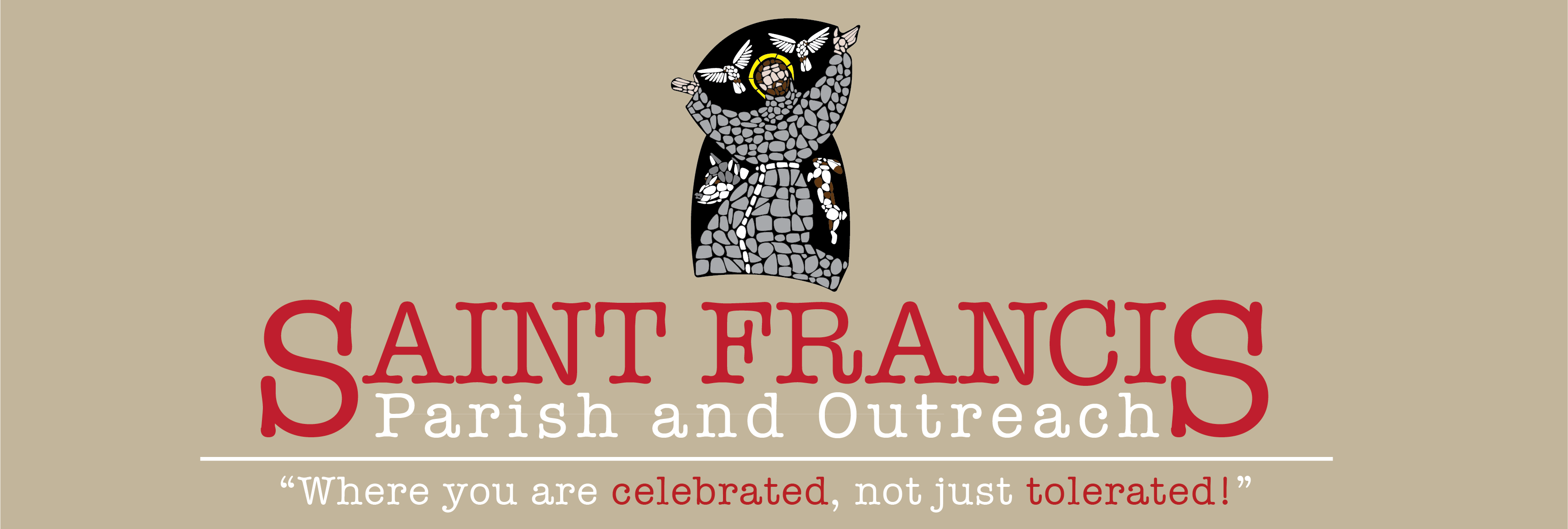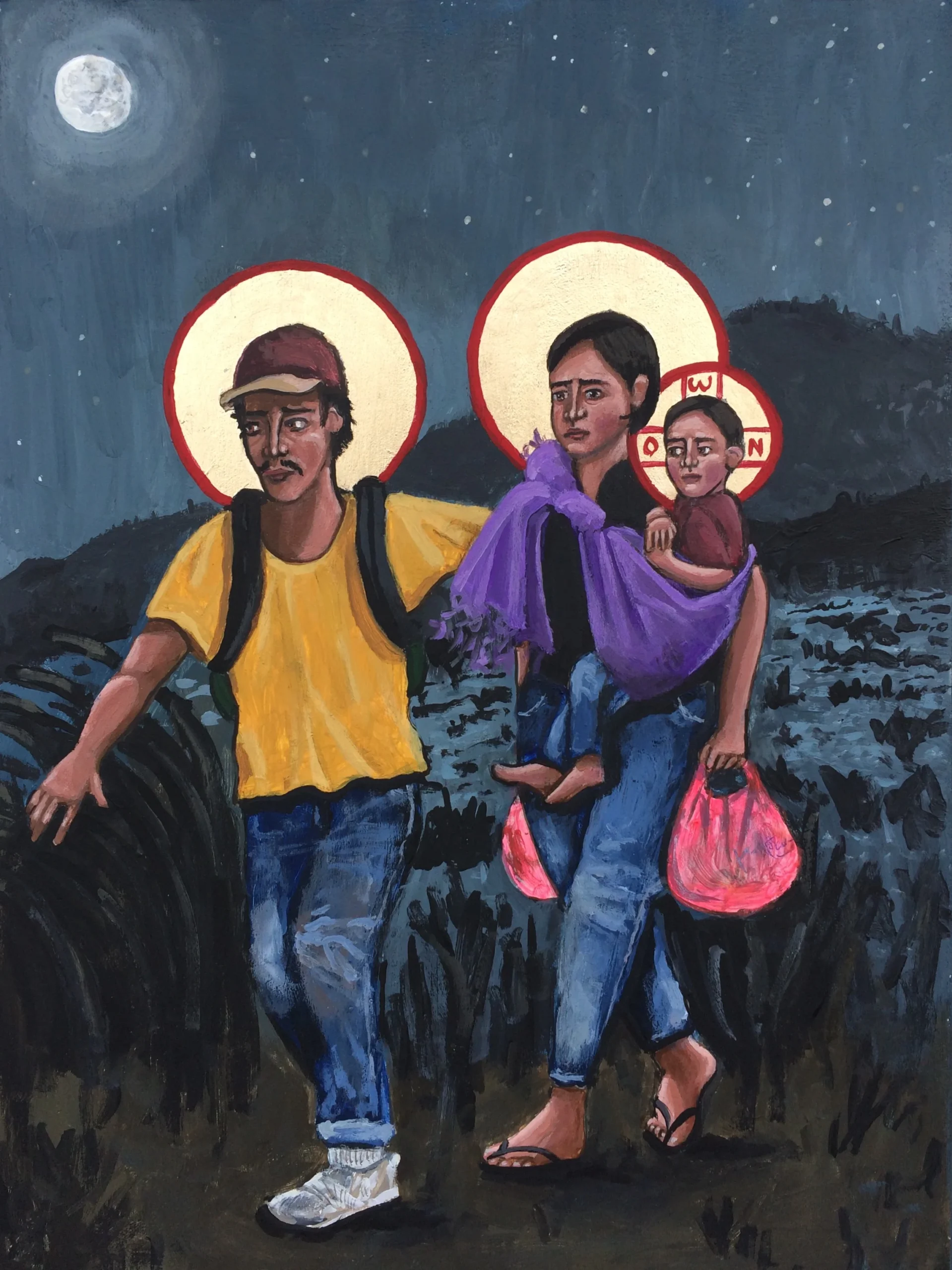As an Old Catholic community rooted in the apostolic tradition yet responsive to the signs of our times, we gather this Second Sunday in Ordinary Time with hearts open to the Spirit’s movement in our world. The words of our Responsorial Psalm echo through our liturgy: “Here am I, Lord; I come to do your will.” These are words that honor both sacred tradition and prophetic courage.
In today’s Gospel, John the Baptist stands at the Jordan River and proclaims: “Behold, the Lamb of God, who takes away the sin of the world!” (John 1:29). This declaration transcends denominational boundaries and speaks to the universal human longing for redemption. In our Old Catholic tradition, we recognize that Christ’s saving work extends to all people, not limited by institutional walls or hierarchical decree.
This recognition—this beholding—calls us to engagement with the world as it is, not as we wish it were.
The World We See: January 2026
Brothers and sisters, faithful to the Old Catholic commitment to read the signs of the times with both theological depth and pastoral compassion, we observe our world with clear eyes:
Political authoritarianism and the abuse of power continue to threaten human dignity across the globe—from ongoing crises in Venezuela to questions of governance that subordinate human rights to political expediency. Our Old Catholic heritage, born from resistance to papal infallibility and centralized authority, sensitizes us to these dangers.
Violence against the marginalized persists in forms both dramatic and subtle. Recent incidents of state violence against immigrants, systemic racism, and economic exploitation remind us that institutional structures can become instruments of oppression rather than service.
Economic injustice widens the chasm between wealthy and poor, contradicting the biblical vision of jubilee and the patristic understanding of wealth as held in common stewardship.
Ecological devastation threatens the very fabric of creation, calling us back to the ancient Christian understanding of humanity’s priestly role in caring for God’s handiwork.
These realities demand more than pious platitudes. They require what the Declaration of Utrecht (1889) called for: a church that maintains “the ancient Catholic faith” while rejecting “every addition to the Creed.”
A Light to the Nations: The Old Catholic Witness
God speaks through Isaiah: “It is too light a thing that you should be my servant to raise up the tribes of Jacob and to restore the preserved of Israel; I will give you as a light to the nations, that my salvation may reach to the end of the earth” (Isaiah 49:6).
This universal vision resonates deeply with Old Catholic ecclesiology. We reject any notion that salvation is mediated exclusively through one institution or that God’s grace flows only through approved channels. The light of Christ illuminates all people of goodwill.
As Saint Francis Parish—an Old Catholic community in communion with the broader Catholic tradition yet independent in governance—we embody a particular witness:
We affirm episcopal authority rooted in collegiality, not monarchy
We celebrate the priesthood of all believers alongside ordained ministry
We welcome all to Christ’s table who seek Him in good faith
We honor tradition while embracing necessary reform
We recognize that conscience, properly formed, must be respected
The Old Catholic and Franciscan Response: Justice Grounded in Tradition
Our dual identity as Old Catholic and Franciscan gives us unique resources for responding to today’s crises:
1. Radical Inclusivity: The Table is Set for All
The Old Catholic movement emerged partly as a protest against exclusionary practices and centralized control. We believe Christ’s welcome extends beyond institutional boundaries:
- Open communion reflects our conviction that Christ, not human gatekeepers, invites guests to His table
- Full inclusion of women in ordained ministry recognizes the Spirit’s gifts distributed without regard to gender
- Welcoming LGBTQ+ persons as beloved children of God, made in the divine image
- Embracing divorced and remarried Catholics who seek full participation in sacramental life
- Building genuine ecumenical relationships that respect theological differences while celebrating shared faith
This isn’t “watering down” the faith—it’s recovering the radical hospitality of the early church and the inclusive table fellowship of Jesus himself.
2. Synodal Governance and Lay Empowerment
Old Catholic polity rejects the monarchical episcopate in favor of synodal governance, with meaningful lay participation in decision-making. This model speaks prophetically to our moment:
- Shared governance models an alternative to authoritarian political structures
- Transparency and accountability demonstrate that power need not corrupt
- Women’s leadership in all levels of church life challenges patriarchal systems
- Parish autonomy balanced with communion shows unity-in-diversity is possible
- Consultative processes honor the sensus fidelium—the sense of the faithful
When we practice collaborative leadership in our parish, we witness to a better way of organizing human community.
3. Franciscan Simplicity and Social Justice
Francis of Assisi’s radical commitment to poverty and peace complements Old Catholic social teaching:
Solidarity with the Poor:
- Direct service through our outreach ministries, recognizing Christ in the distressing disguise of the poor
- Advocacy for just wages and workers’ rights, continuing the legacy of Old Catholic support for labor movements
- Housing justice in Augusta, addressing homelessness as a moral crisis
- Immigration solidarity, offering sanctuary and advocacy for our undocumented neighbors
Peacemaking and Reconciliation:
- Interfaith dialogue that builds genuine friendships across religious boundaries—continuing Francis’s example with the Sultan
- Restorative justice rather than punitive responses to harm
- Conflict transformation training for our community members
- Active nonviolence as a spiritual discipline and political strategy
Care for Creation:
- Ecological consciousness rooted in sacramental theology—all creation reveals the Creator
- Environmental justice recognizing that the poor suffer first and most from ecological damage
- Sustainable parish practices from energy use to purchasing decisions
- Advocacy for climate action at local and national levels
4. Theological Depth and Intellectual Honesty
Old Catholicism values serious theological engagement, refusing false choices between faith and reason:
- Critical biblical scholarship that honors Scripture’s authority while acknowledging its human dimensions
- Historical consciousness about how doctrine develops in dialogue with culture
- Ethical reasoning that engages philosophy, science, and human experience
- Honest wrestling with difficult questions rather than authoritarian pronouncements
- Academic freedom for theologians to explore and question
We don’t fear difficult questions because we trust that truth—including theological truth—emerges through honest inquiry, not coercive uniformity.
Called to Be Saints: The Universal Vocation
Saint Paul addresses the Corinthians as “called to be saints” (1 Corinthians 1:2)—not because of their moral perfection but because of their baptismal identity. This democratization of holiness is central to both Old Catholic and Franciscan spirituality.
You don’t need a hierarchy’s permission to be holy.
You don’t need institutional validation to live the Gospel.
You don’t need to wait for official approval to work for justice.
The Holy Spirit moves where She wills, empowering laypeople, women, and those on the margins to be instruments of transformation. Our Old Catholic ecclesiology affirms what experience confirms: God’s grace flows freely, constrained neither by canon law nor clerical control.
Practical Steps: Living the Old Catholic Vision
What does our Old Catholic and Franciscan identity mean practically?
- Pray the Liturgy of the Hours in English, recovering this ancient practice for laypeople
- Read Scripture with critical and devotional eyes—both historical context and personal application matter
- Practice inclusive language for God and humanity in your prayers
- Reach out to someone excluded by mainstream religious communities
- Examine one way you participate in unjust systems
- Attend our Parish Council meeting—your voice matters in governance
- Join a Scripture study that uses both traditional and contemporary scholarship
- Participate in interfaith dialogue or service project
- Support a justice initiative—immigration, housing, environment, or racial justice
- Learn about Old Catholic history and our theological distinctives
- Deepen your understanding of Catholic social teaching and Old Catholic ecclesiology
- Develop a consistent practice of contemplative prayer and social action
- Build relationships across denominational, racial, and political lines
- Engage in sustained advocacy for systemic change on one issue
- Consider a vocation to ordained or lay ministry in our community
Our Parish Commitments:
- Open theological discussions where questions are welcomed
- Ecumenical and interfaith partnerships for community transformation
- Transparent financial practices with lay oversight
- Full inclusion of all people in sacramental and ministerial life
The Declaration of Utrecht Lived Today
A defining document of Old Catholicism, the Declaration of Utrecht (1889), committed Old Catholics to maintaining ancient faith while rejecting “every addition which is not contained in the revelation made in the Scriptures and the tradition of the first centuries.” This isn’t merely historical nostalgia—it’s a living principle.
When we reject papal infallibility, we affirm that truth emerges through communal discernment, not individual decree—a vital principle for our democratic moment.
When we reject mandatory clerical celibacy, we honor the goodness of human sexuality and family life—challenging toxic purity culture.
When we embrace episcopal collegiality, we model collaborative leadership as an alternative to authoritarianism.
When we welcome all to communion, we proclaim that God’s grace cannot be controlled or rationed by human institutions.
These aren’t peripheral matters—they’re prophetic stances that speak to our world’s deepest needs.
Here Am I, Lord: The Response of a Free People
The Psalm response—“Here am I, Lord; I come to do your will”—is the prayer of free people responding to divine invitation, not coerced subjects submitting to institutional demands.
Our Old Catholic tradition affirms that conscience must be respected, that authority exists for service rather than domination, and that the Spirit speaks through the whole people of God, not just the ordained hierarchy.
This freedom is not license but liberation—freedom for loving service, for prophetic witness, for costly discipleship.
A Blessing for the Week Ahead
May you walk in the ancient paths that lead to justice.
May you question with courage and believe with humility.
May you recognize Christ’s authority while rejecting human tyranny.
May you celebrate tradition while embracing necessary reform.
May you welcome the stranger, feed the hungry, and challenge the powerful.
May you be a light to the nations, carrying the ancient Catholic faith into our complex present—
Not bound by human additions to the Gospel,
But freed by Christ’s radical love to transform the world.
Here am I, Lord. We come to do your will.
Join Our Community
Sunday Eucharist: 3:00 PM Eastern Time – All are welcome at Christ’s table
We are a community that honors ancient tradition, celebrates the sacraments, welcomes all people, empowers lay leadership, and works for justice and peace. Come and see!
Pax et Bonum,
Bishop Greer

